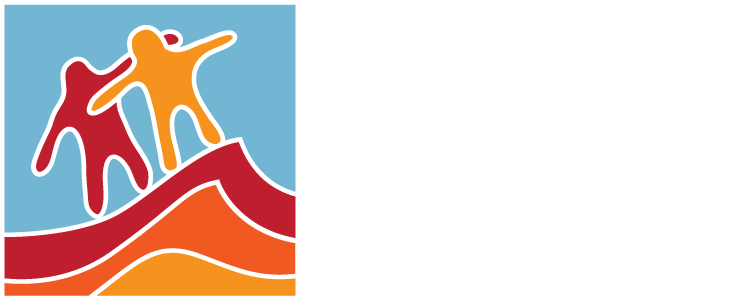Suicide Story is a program that was developed by the Mental Health Association of Central Australia (MHACA) in conjunction with Aboriginal people from the Central Australian and Barkly regions, following a spate of suicides in those areas in the early 2000’s.
MHACA has been delivering this community capacity building approach to remote communities across the Northern Territory, APY lands and Western Australia for twelve years. Facilitators of the program are drawn from the communities and are provided with a training program that assists them to facilitate the program incorporating a two-way learning approach.
The Suicide Story Program was evaluated in early 2019. The evaluation attests that there is a very strong sense of ownership and stewardship of the program through an Aboriginal Advisory Group which guides and monitors the cultural integrity of the program. Some members of this group have been with the program since it its inception.
Key findings from the evaluation found strong evidence of impact from the program. Resilience was expressed both individually and socially through:
· Stronger skills to better respond to grief, trauma, and the needs of those who may be contemplating suicide;
· Greater awareness of the signs of suicidal thoughts;
· People talking about suicide more openly, with less stigma associated with the term;
· People helping each other;
· Greater confidence to act and intervene as required; and
· Empowerment, self-awareness and strength.
Several factors supported these outcomes:
· A focus on cultural safety;
· The priority of community ownership;
· Having Aboriginal facilitators trained and leading workshop sessions;
· Sharing knowledge and stories;
· Restoring hope;
· Using local language;
· Maintaining program integrity, ensuring local protocols are adhered to;
· A focus on ‘both ways’ training; and
· The importance of reducing stigma associated with suicide.
The recommendations from the evaluation aim to strengthen the pre and post elements of the workshop program, support skill development of program staff and facilitators, continue to develop stronger governance processes and consider transfer of the program to an Aboriginal owned organisation.
MHACA is proud of the impact of the Suicide Story Program and is committed to fully implementing the recommendations in conjunction with the Suicide Story Aboriginal Advisory Group.
Download the Evaluation of Suicide Story FINAL REPORT – web


